News
Department of Environmental & Occupational Health
-

Leaders in occupational safety and health launch the Society for Total Worker Health
Sep 19, 2022The Society will serve as a hub and community for sharing new and innovative ideas to expand Total Worker Health (TWH) research, training, education, dissemination, and real-world solutions.Full story -
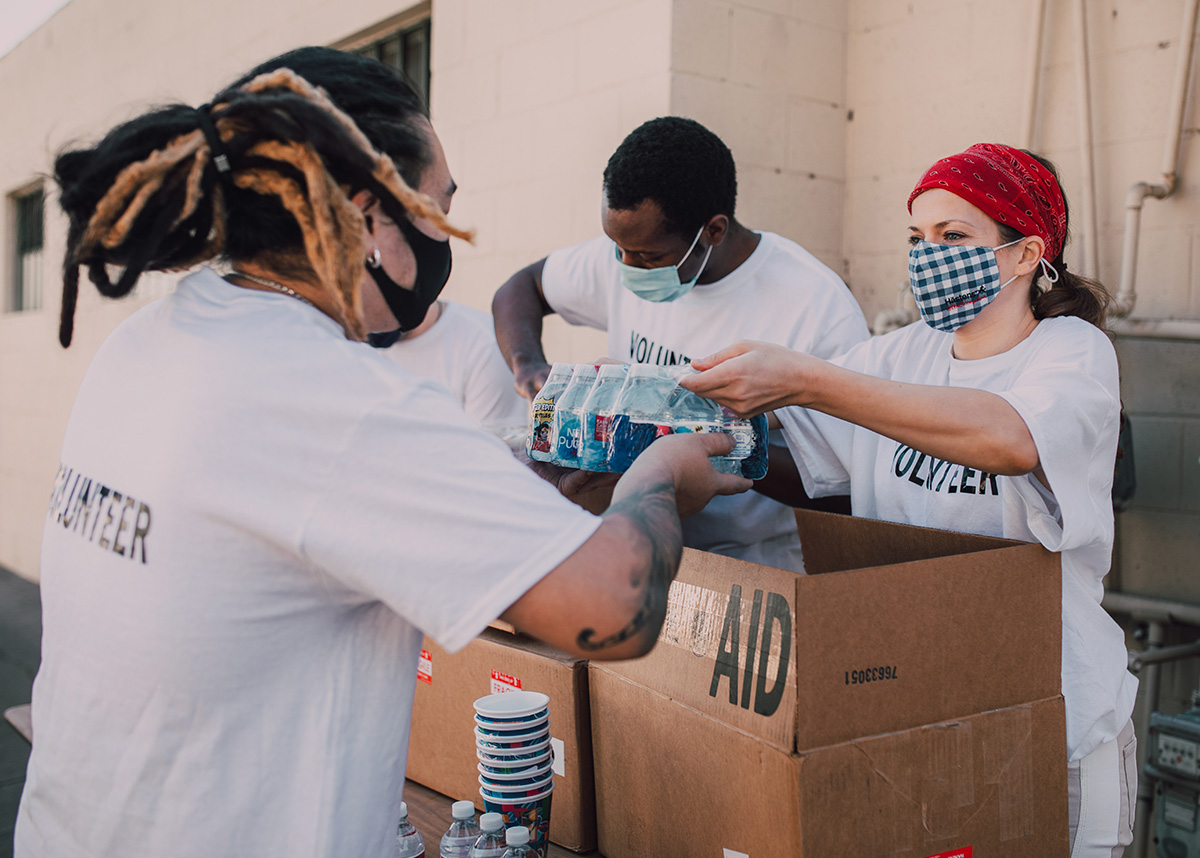
Building something better: How community organizing helps people thrive in challenging timesOpens in a new window
Sep 8, 2022In a time of unprecedented division, rising inequality and intensifying climate change, it’s easy to feel that progress is impossible. Stephanie Malin, assistant professor at CSU, explores how people adapt to crises and thrive in challenging times by working together.Opens in a new window Full story -
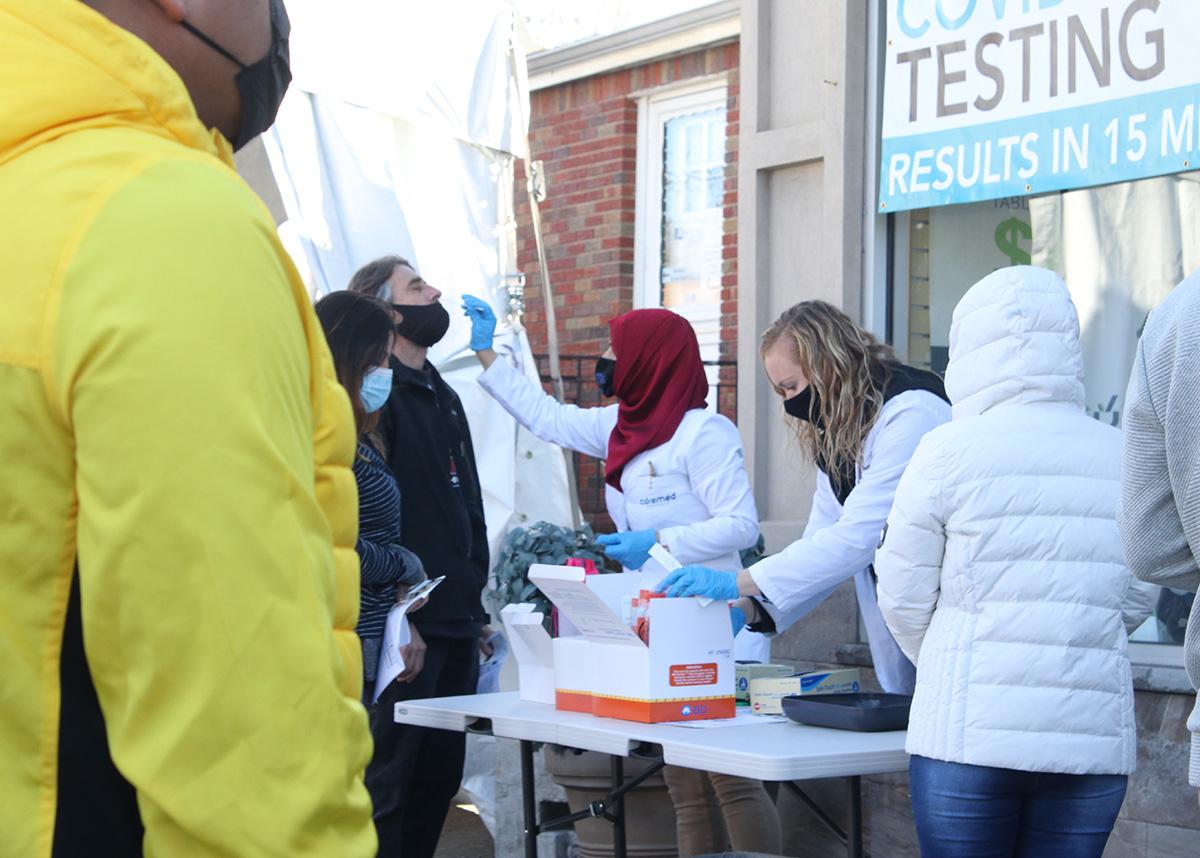
Colorado’s COVID hospitalizations tick up this week, but are expected to fall againOpens in a new window
Sep 1, 2022It’s possible that the downward trajectory has paused because kids returned to school and adults went back to their offices, meaning the virus has more chances to spread, said Beth Carlton, associate professor of environmental and occupational health.Opens in a new window Full story -
/chwe-newsroom/1661794431970.jpeg?sfvrsn=202c6dbb_0)
Health Links™ 2022 Annual Event: Celebrating Human Connection
Aug 31, 2022Each year, Health Links celebrates Colorado employers committed to workplace health, safety, and well-being. This year’s in-person event aptly honored the award winners and finalists for their achievements in the workplace while providing attendees the opportunity to network and gain inspiration from other employers.Full story -

Integrating genomics, ecology and epidemiology to battle parasitic diseases that ravage poor countries
Aug 30, 2022A new paper in led by faculty in environmental health explores the importance of using advanced genomic sequencing as a powerful tool to control schistosomiasis, the world’s second-leading parasitic disease.Full story -
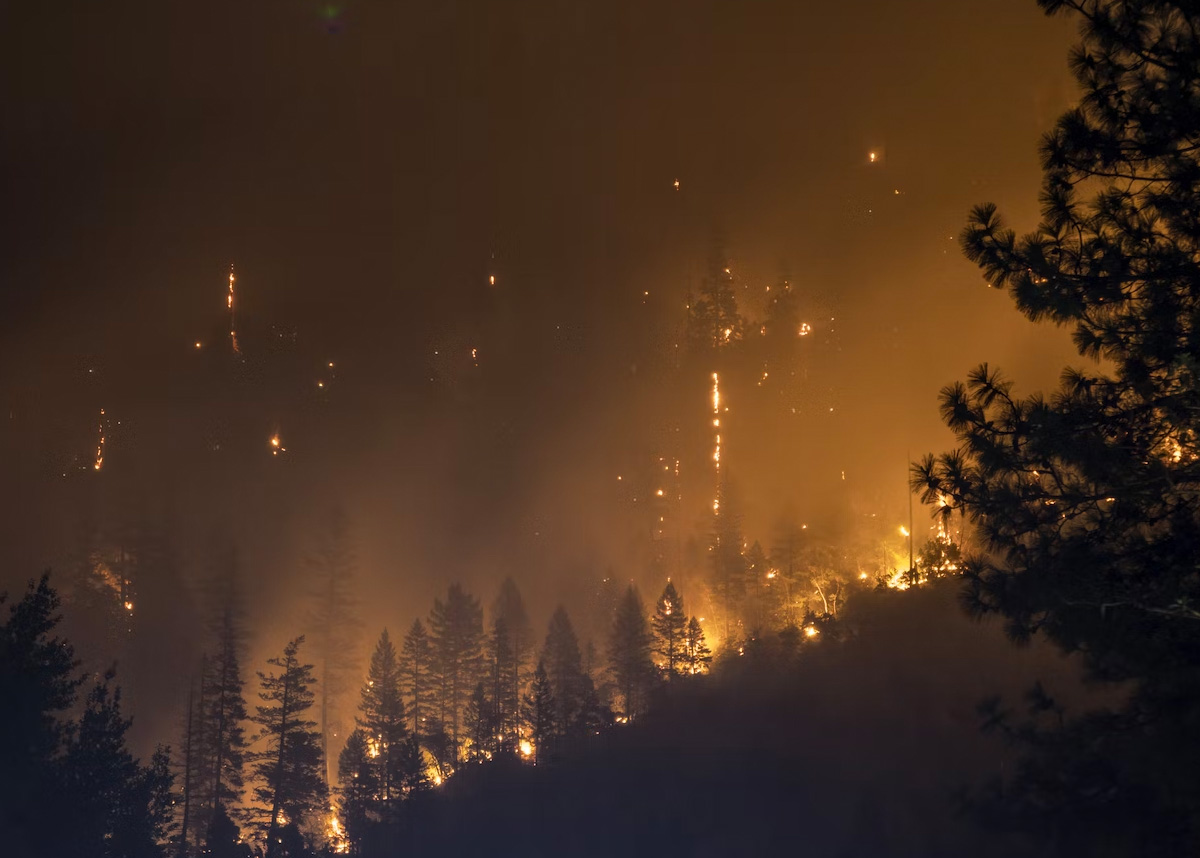
1A Remaking America: Wildfires are becoming more intense. Are communities ready?Opens in a new window
Aug 18, 2022Katherine Dickinson, associate professor of environmental & occupational health, contributed to 1A “Remaking America”, a live discussion to hear how the community is still recovering from the Marshall fire, and what state and local governments can do to become more resilient against climate threats.Opens in a new window Full story -
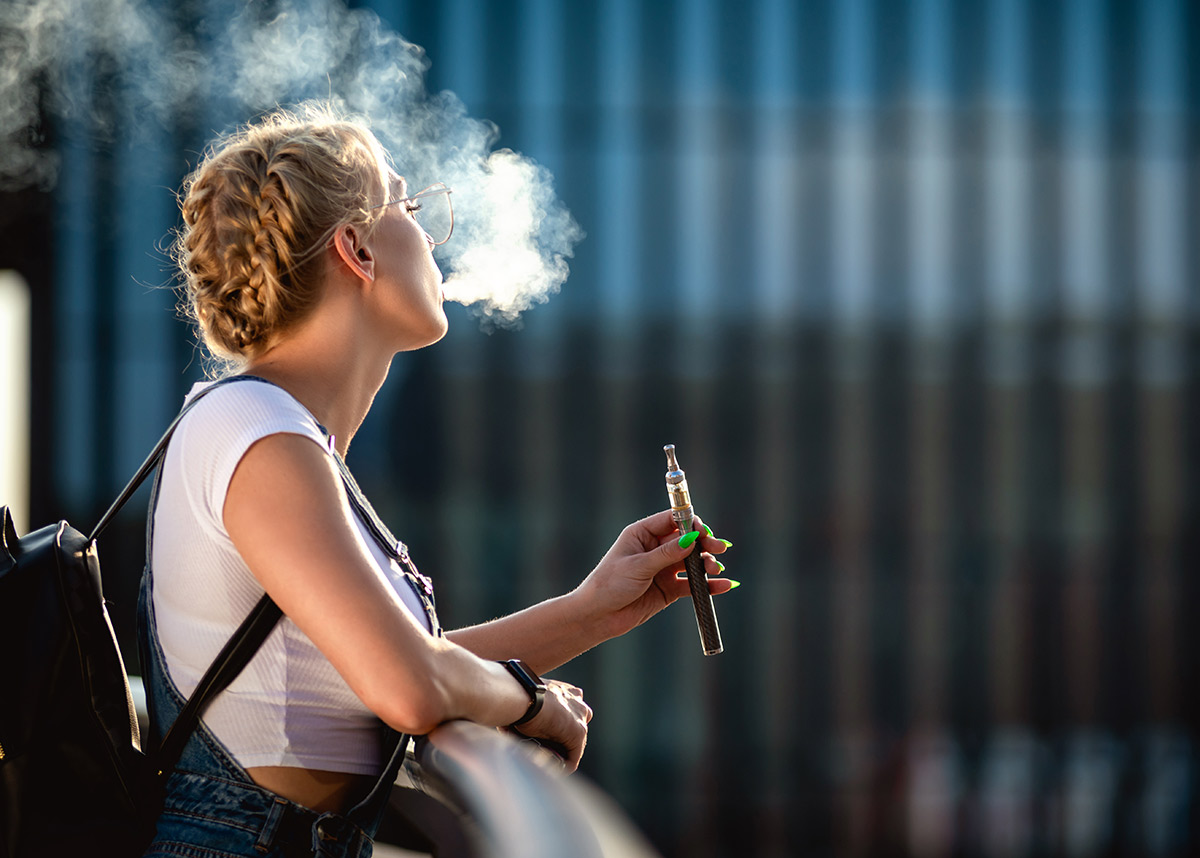
Heavy metal inhalation in cannabis users: New study funded at the Colorado School of Public HealthOpens in a new window
Aug 15, 2022The three-year study out of the Center for Health, Work & Environment is the first known human health risk assessment to evaluate the large number of heavy metals that may be present in cannabis flower, concentrates and vape devices.Opens in a new window Full story -
/chwe-newsroom/img_1201-copy.jpg?sfvrsn=f8ef9aba_0)
Wrestling Wicked Problems with Distinguished Professor Lee Newman
Aug 2, 2022A red orange sun glows behind the clouds of smoke rising over the smoldering field. The smell is slightly sweet, but heavy. A cheerful school bus waits beside acres of burnt sugarcane. Dr. Lee Newman sits behind a table of lab samples near the bus. He and his research team are working to determine the causes and factors of chronic kidney disease of unknown origin (CKDu) among Guatemalan sugarcane workers – one of many complex problems that attract him.Full story -

The Center for Health, Work & Environment recognizes key partners in its third annual recognition eventOpens in a new window
Jul 28, 2022On July 21st, the Center for Health, Work & Environment hosted its third annual partner awards ceremony to honor the commitment and achievements of some of its key partners.Opens in a new window Full story -
/chwe-newsroom/hl_blog.png?sfvrsn=12399ba_0)
A Decade of Dedication: Health Links™ Celebrates 10 Years of ImpactOpens in a new window
Jul 27, 2022This month Health Links celebrates its 10-year anniversary. As an established program that serves communities throughout Colorado and nationally, Health Links has been a resource employers rely upon for a decade. What started as a group of local consultants training business leaders across Colorado, Health Links is now a nationally trusted advisor for a growing network of organizations committed to keeping their employees healthy, safe and well.Opens in a new window Full story -
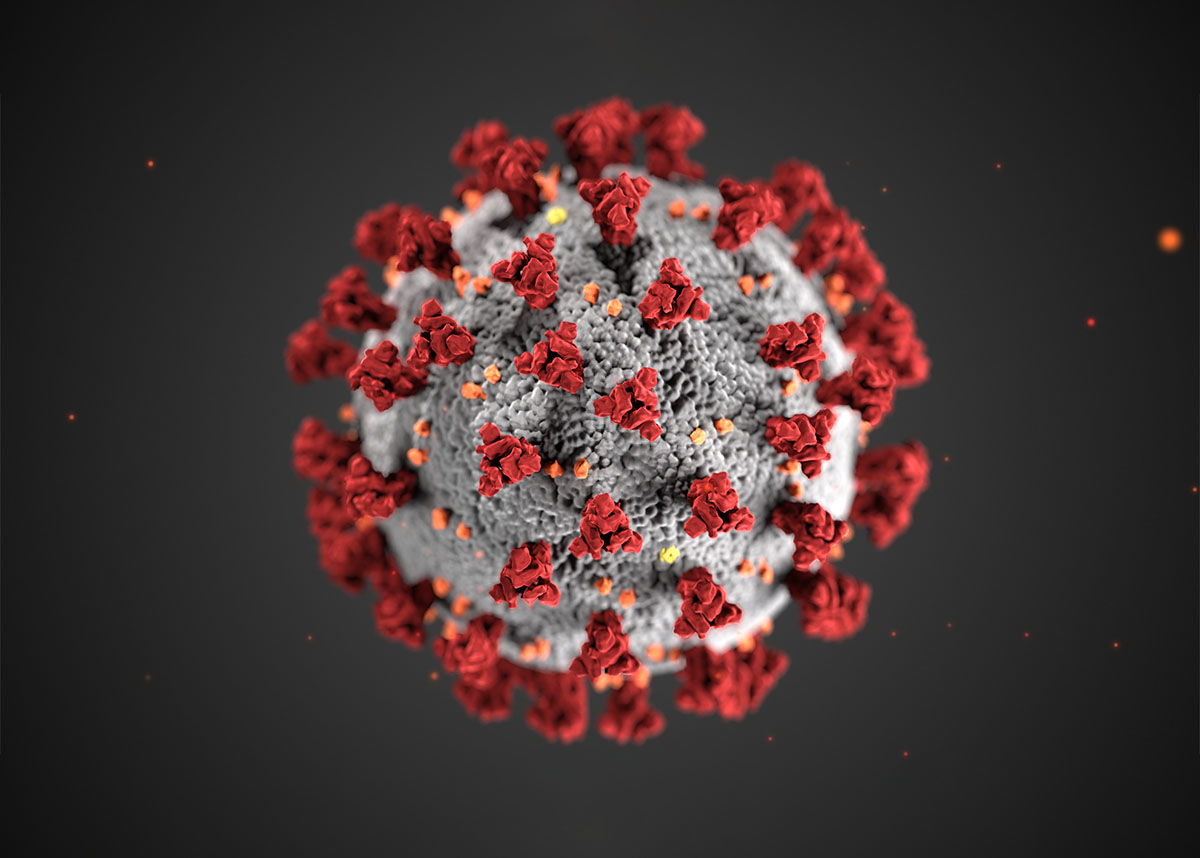
Colorado “stuck on this plateau” as rise of BA.5 cancels out other COVID variants’ declineOpens in a new window
Jul 15, 2022The most recent data available found that 41% of sequenced samples contained BA.5, making it the most common variant in the state. It likely accounts for a majority of cases at this point, Beth Carlton, associate professor of environmental & occupational health, said.Opens in a new window Full story -

Brass, woodwind instruments emit respiratory particles, study findsOpens in a new window
Jul 14, 2022Playing wind instruments – particularly those in the brass section – can spread respiratory particles that may carry the COVID-19 virus, according to a Colorado State University study led by John Volckens, ColoradoSPH professor of environmental and occupational health.Opens in a new window Full story -

Responding to Colorado’s mental health and substance use epidemic
Jul 9, 2022To address the staggering increase in substance-use, mental health needs, and substance-related deaths, The Center for Health, Work & Environment launched the Recovery Friendly Workplace Initiative. The project works with partners and employers to create workplaces that support workers struggling with substance use and addiction.Full story -

Multi-layered strategies needed to protect public health from oil and gas drilling impactsOpens in a new window
Jul 7, 2022"It is important to note that increasing setbacks, the distance between a home and oil and gas drilling site, doesn't do anything to mitigate impacts on climate change or regional ozone," said Lisa McKenzie, associate professor of environmental & occupational health.Opens in a new window Full story -
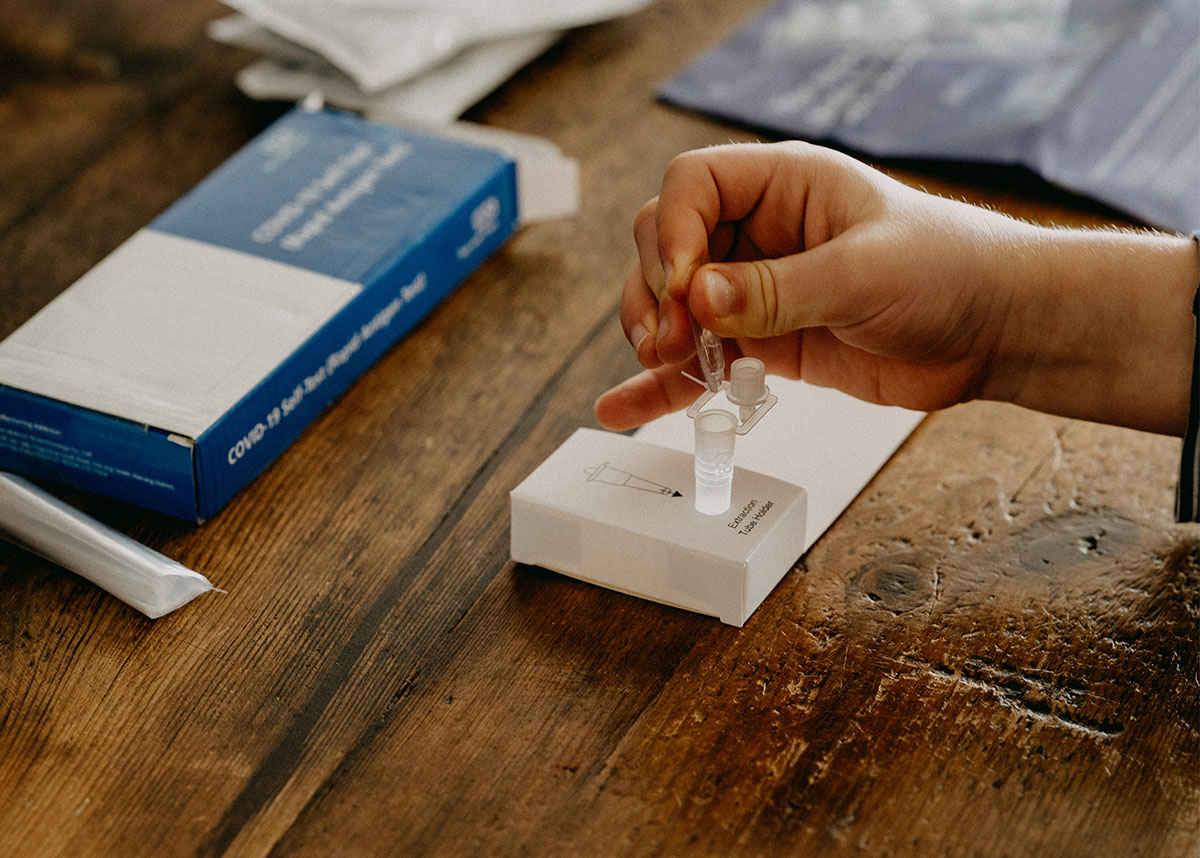
Colorado’s COVID hospitalizations tick back up again, but virus may be at a plateauOpens in a new window
Jun 30, 2022The percentage of tests coming back positive seemed to have leveled out, with the average bouncing around 11%. “I think the word of the day is ‘plateau,'” said Beth Carlton, associate professor of environmental and occupational health.Opens in a new window Full story -
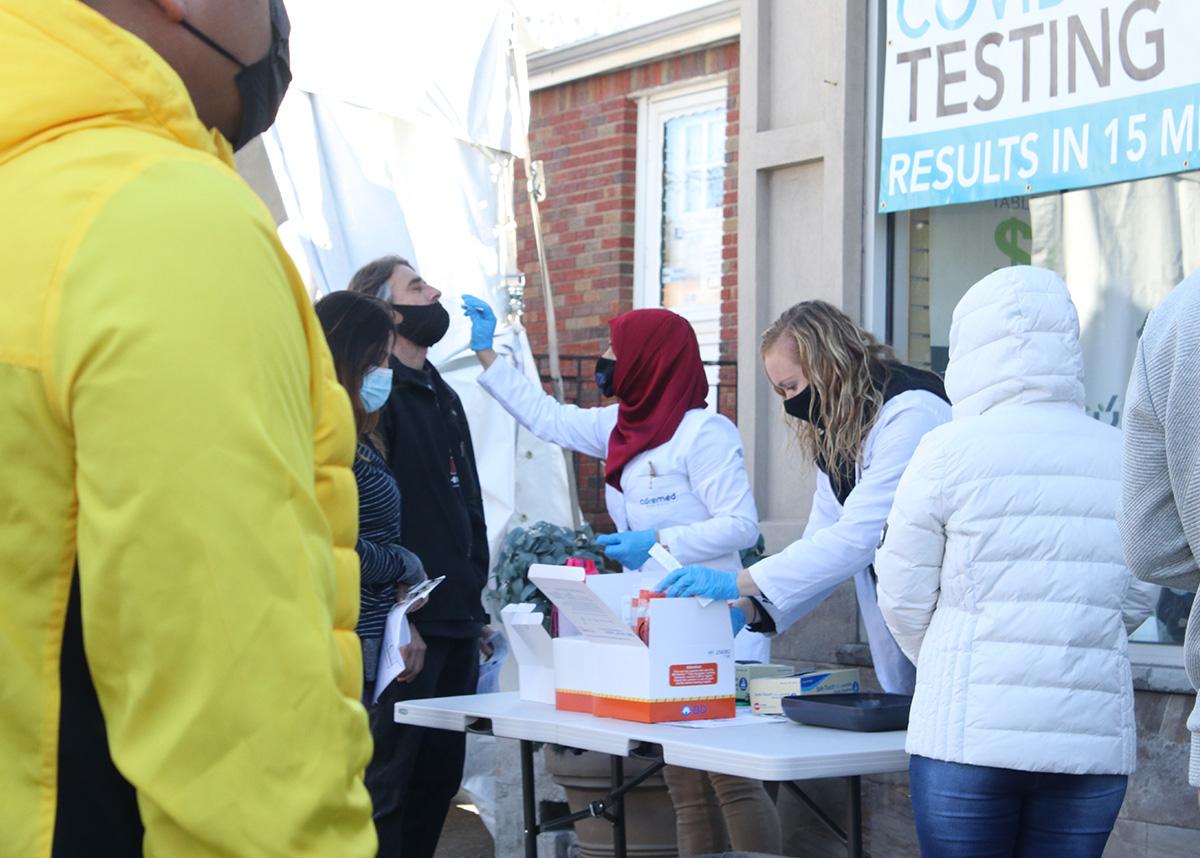
Colorado COVID-19 hospitalizations fall, though virus remains widespreadOpens in a new window
Jun 23, 2022Hospitalizations, the percentage of tests coming back positive and cases all dropped in the week ending Sunday. While the number of people who are contagious in the state remains high, this wave may have peaked, said Beth Carlton, associate professor of environmental and occupational health.Opens in a new window Full story -
.jpg?sfvrsn=eb1a97ba_4)
MPH students present their capstone projects
Jun 17, 2022MPH students Ballie Brooks, Joseph Butterfield, Kate Clancy, Andrea Crary, Haley Holan, Jillian Murphy (not pictured), and Richard Pompei successfully presented their capstone projects at the 2022 Spring Capstone Forum.Full story -
/chwe-newsroom/headshot.jpg?sfvrsn=13f382ba_0)
Student Spotlight: Karely Villareal Hernandez
Jun 7, 2022As part of the Center for Health, Work & Environment's Student Spotlight series highlighting our trainees, we interviewed Karely Villareal Hernandez, a first-generation student earning a Master's in Public Health from the Colorado School of Public Health.Full story -
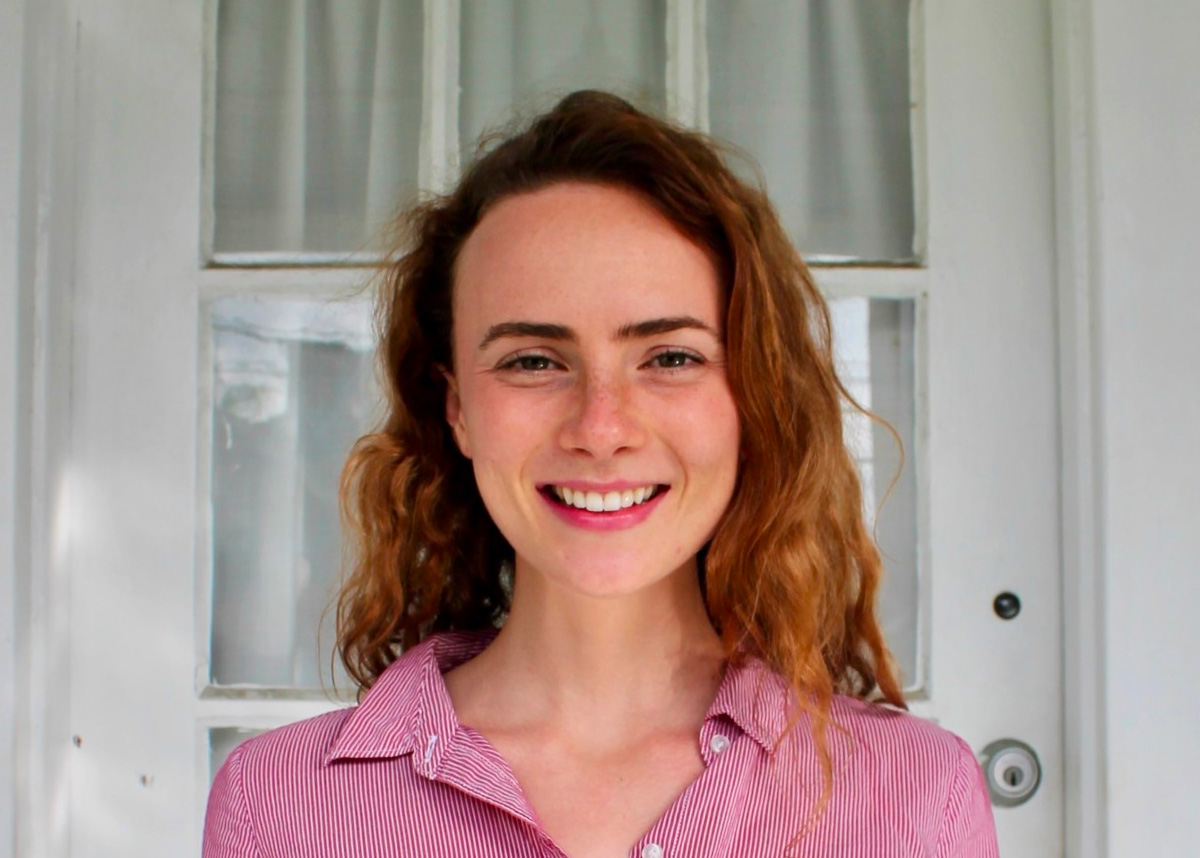
Hannah Craig looks homeward in earning “Map the System” award
Jun 3, 2022MPH candidate Hannah Craig and her sister, Alison, examined their hometown of Oak Ridge, Tennessee as part of the Map the System competition. The Craigs won the first-ever CU-Anschutz challenge and will compete at the global level in mid-June.Full story -
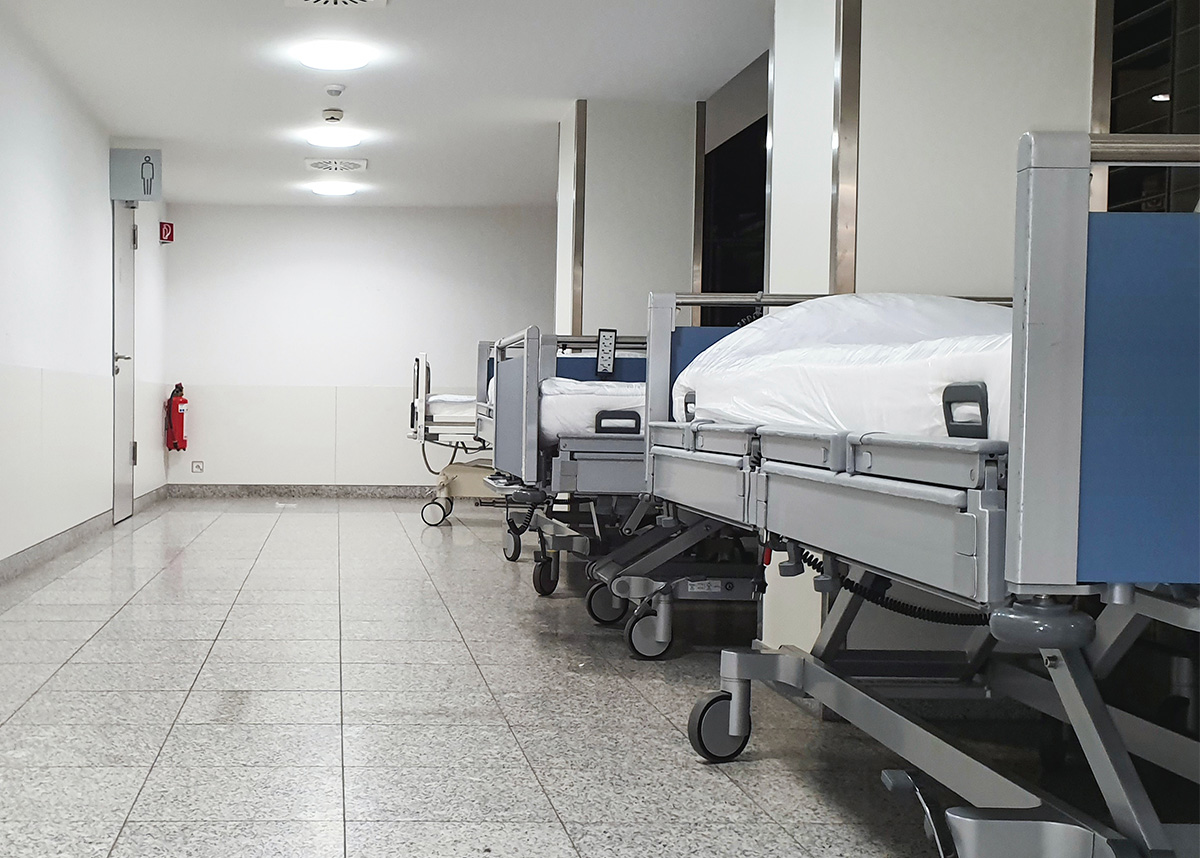
Colorado’s COVID-19 hospitalizations jump 38% as new cases keep risingOpens in a new window
Jun 2, 2022COVID-19 hospitalizations are rising in Colorado, significantly increasing compared to mid-April. “It’s fair to assume the virus is fairly widespread” said Beth Carlton, associate professor of environmental and occupational health. “Whatever hope of a plateau there was last week is gone for now”.Opens in a new window Full story


